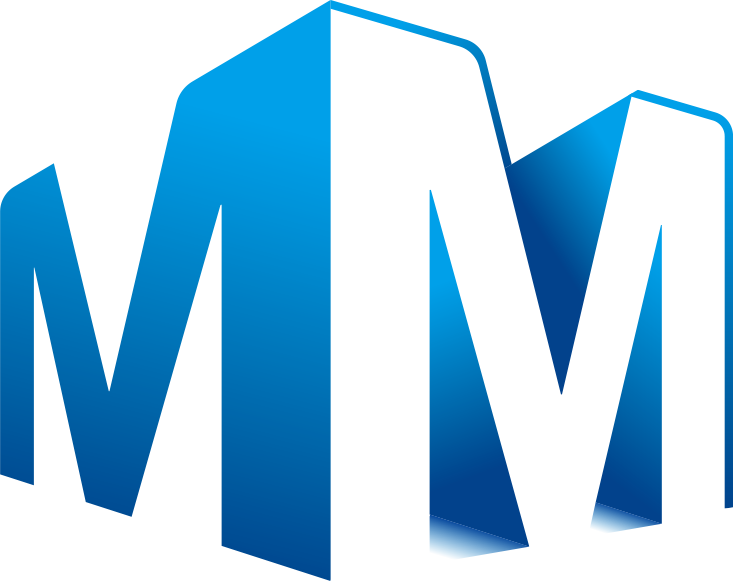
Connect Label Studio to PyTorch
Overview
PyTorch is an open source machine learning framework that allows deep learning models to be developed using idiomatic Python. It is commonly used in applications such as computer vision and natural language processing but is highly flexible and used extensively in ML research and development. You can leverage PyTorch by adding a Machine Learning backend to Label Studio.
Annotations from Label Studio can be used to train, retrain, or fine-tune models in PyTorch, while models from PyTorch can be used to make labeling predictions on labeling tasks in Label Studio.
Benefits
Integrating PyTorch with Label Studio provides the following benefits:
- Quicker Prototyping: PyTorch allows a reasonably short prototyping time compared to alternative solutions.
- Python-Centric: PyTorch is Python-centric. Python is one of the most popular languages used by data scientists and in learning models and ML research. Additionally — PyTorch’s similarity to python, the framework is easier to learn.
- High availability of resources: Any widely-available tool like PyTorch brings a wide range of resources to get started and debug your workflows.
- Data Parallelism: PyTorch brings a data parallelism feature — natively supporting asynchronous execution of tasks. While this may be possible in other tools, this tends to be far easier to execute within PyTorch.
- Human Expertise in Model Retraining: Label Studio can bring expert opinions and labeling into model tuning and retraining.
- Speed Labeling through ML Automation: PyTorch models can speed the labeling process by automatically annotating data, including confidence intervals that can flag difficult tasks for human labeling.
- Deployment at Scale: With PyTorch’s cloud and environment-agnostic tool, TorchServe, PyTorch models are ready to be deployed at scale.



